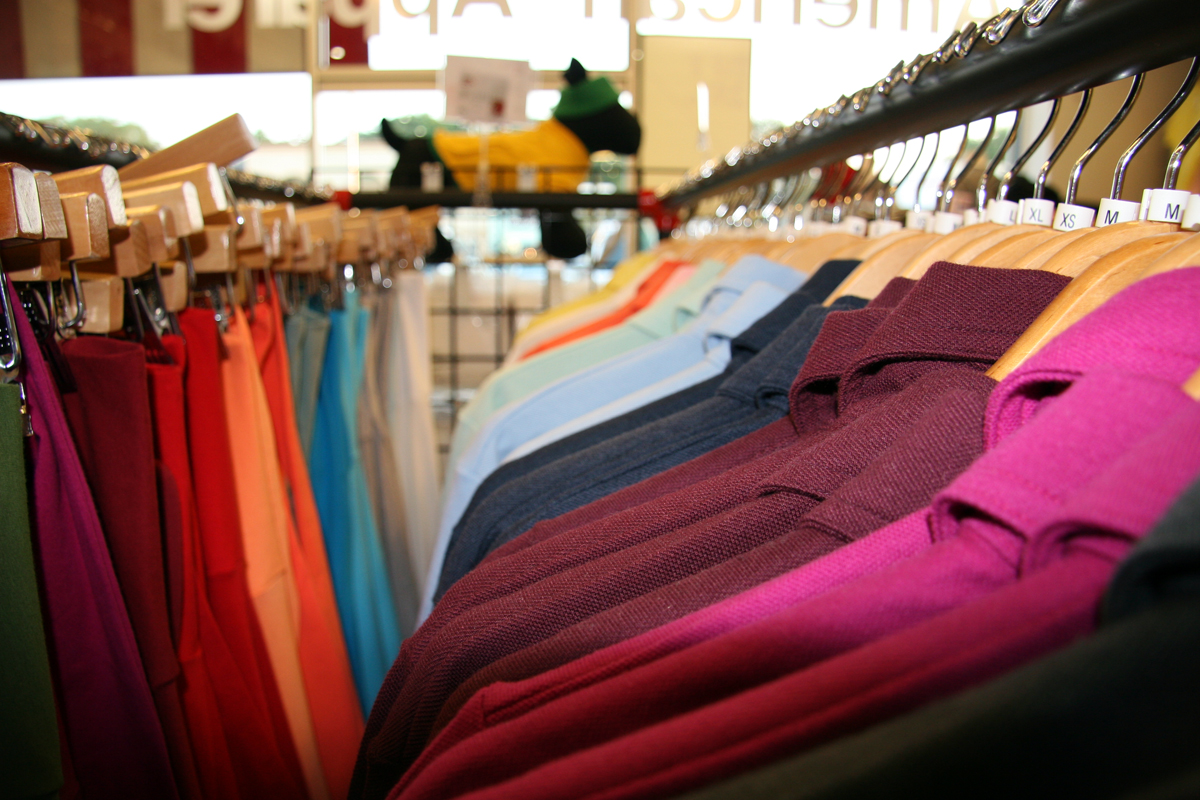When American Apparel, a brand known for making all of its clothing at factories in Los Angeles, was sold to Canadian clothing giant Gildan, it was obvious that some clothing sold under the brand would be Asian or South American Apparel instead. The company told investors this week that American Apparel will sell both U.S.-made and foreign-made merchandise. [More]
supply chains
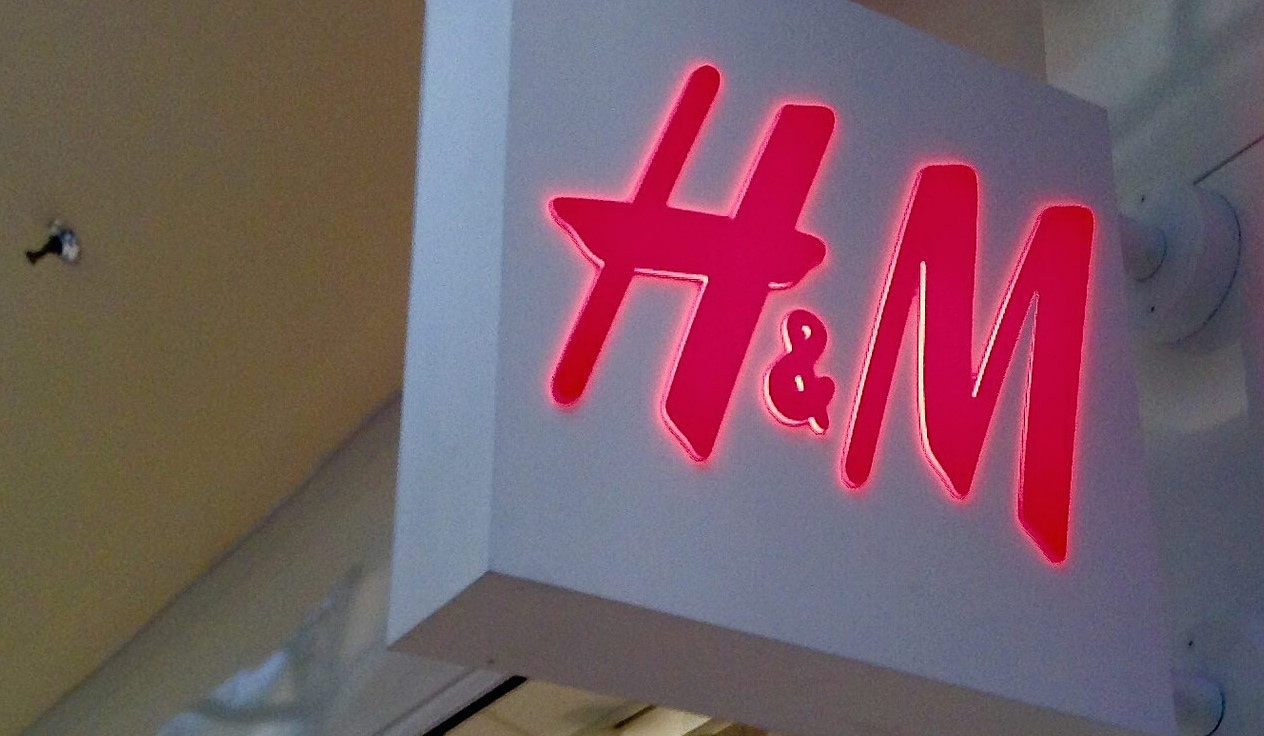
H&M Has Too Much Stuff, Needs To Get Rid Of It At Discount
As we’ve been reporting for some time now, it’s hard out there for retailers trying to compete for customers. H&M has had a particularly tough time competing in “fast fashion,” what with its late entry into e-commerce and stiff competition from brands like Zara. But what’s bad for H&M could be good for shoppers looking for hefty discounts. [More]
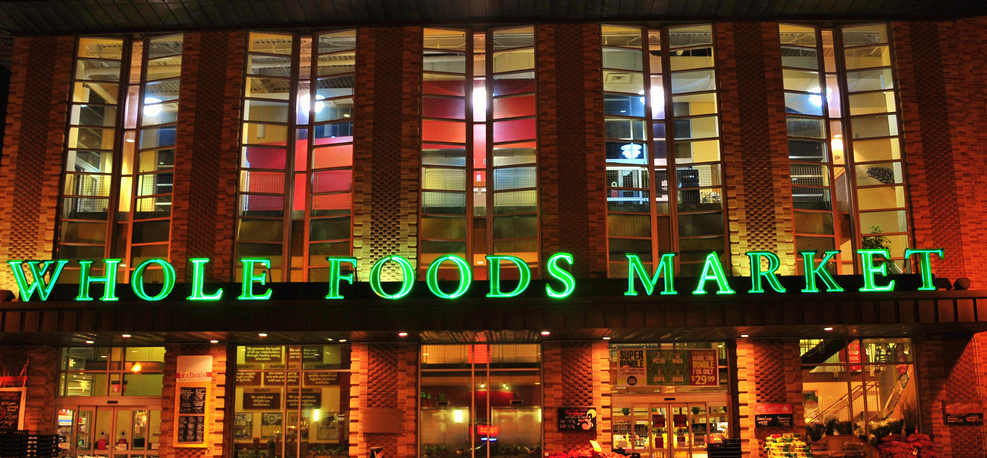
Whole Foods Closes Regional Kitchens, Says It Isn’t Related To Sanitation Problems
For prepared food items in its stores along the East Coast, Whole Foods uses regional kitchens, each of which cooks various in-house items and distributes them to dozens of stores. The company recently announced that it’s closing the facilities in Massachusetts, Maryland, and Georgia, for reasons that have nothing to do with past sanitation issues in one of them. Nope. [More]
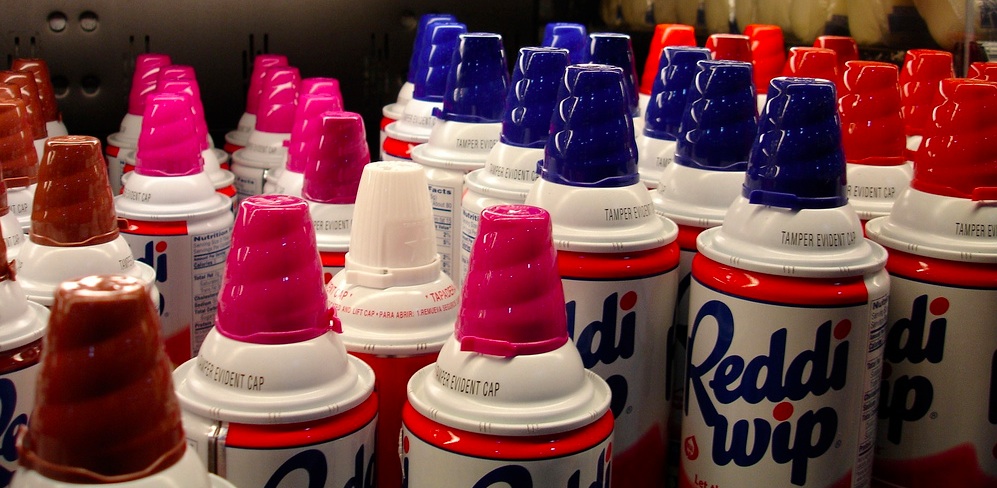
Here’s Why The Reddi-Wip Shortage Is Extra Sad
If you’ve been looking for canned whipped cream from Reddi-wip or other brands for your holiday celebrations, you may have come home empty-handed. Canned whipped cream is in short supply right now, and it’s for a reason that is much sadder than the mere lack of whipped cream. [More]

It Takes Dozens Of Companies To Make Your iPhone
Where does your mobile phone actually come from? What company makes it? How many people — how many businesses, how many factories, how many hands — were involved in its making? Most of us probably have no idea whatsoever how to answer those questions. [More]
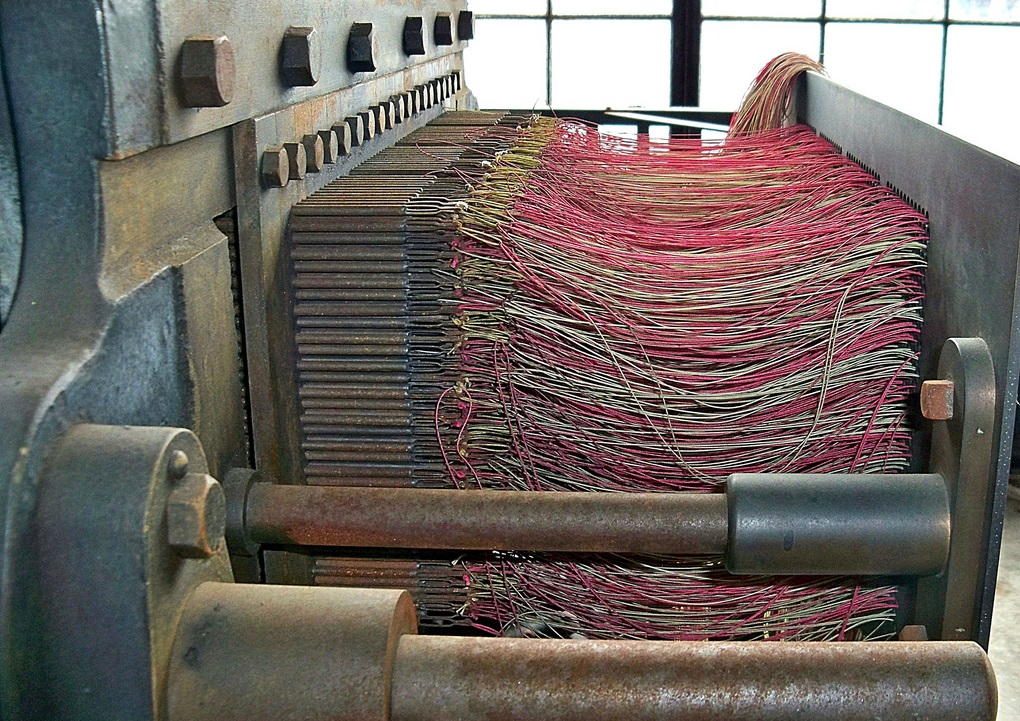
Report: Only Some Progress In Making Sure Clothing Factory Workers Are Treated Like Humans
Three years ago, after a building collapse in Bangladesh killed 1,100 of the people who were making our clothes, major global retailers pledged to make sure that the people who work for their suppliers are paid a living wage and have safe workplaces. A new report shows that while some things have improved at factories that supply retailers like Walmart and H&M, there are still serious labor and safety issues in these companies’ supply chains. [More]

9 Things We Learned About Patagonia’s Efforts To Avoid All Exploited Labor
You can’t avoid it: along the entire supply chain of everything that you wear, someone has most likely been exploited. Just ask outdoorwear company Patagonia, which performed audits in 2011 all the way down its supply chain to look for exploited workers and victims of human trafficking. They found problems, which were not unexpected. [More]
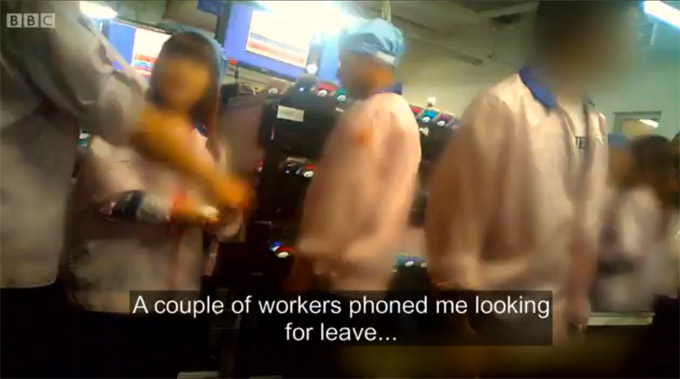
Apple Condemns BBC Reports About Factory And Tin Supplier Conditions
Earlier this week, the BBC aired an hourlong documentary program on conditions for workers in factories assembling Apple products in China, and conditions in tin mines in Indonesia that supply Apple. Factory footage showed iPhone assemblers begging for time off and dozing off on the assembly line, and an illegal tin mine in Indonesia that is purportedly part of Apple’s supply chain. [More]
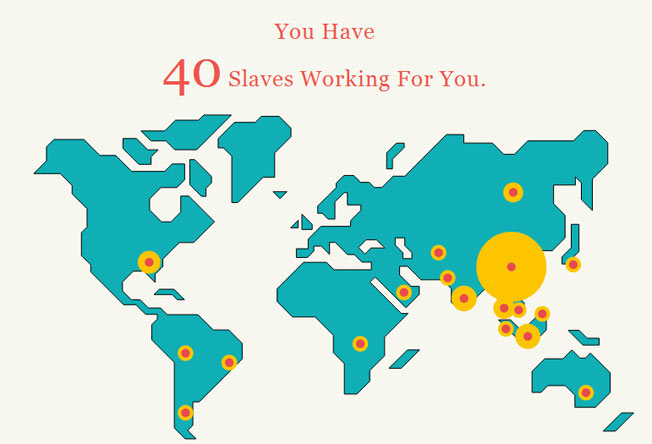
How Many Slaves Work For You?
There’s a decent chance that slaves have handled something you own. The coltan in your smartphone. The beans in that coffee you’re sipping. The cotton in the underwear you’re sitting in. All around the world, forced labor is used to mine and harvest the raw materials that goes up the supply chain and into the products you own. So how many slaves do you have working for you? This interactive, beautifully designed, 11-question survey calculates it for you. [More]

Ken Dumps Barbie After Learning She's Into Deforestation
Last week, Ken broke up with Barbie after finding out some of the paper in her packaging comes from a Singapore company, Asian Pulp & Paper (APP), they accuse of clearcutting rain forests and destroying endangered tiger habitats. In the animated video put out by Greenpeace, he shrieks after seeing video of Barbie chainsawing the forest and laughing like a mad woman, and shouts, “It’s over!” before punching the camera. Later, activists rappelled down the side of Mattel’s headquarters to unfurl a banner announcing the breakup, and Barbie herself showed up in her bright pink “Dream Dozer” before the cops arrested her. Now in response to the campaign, Mattel announced they’re cutting APP out of their supply chain. [More]
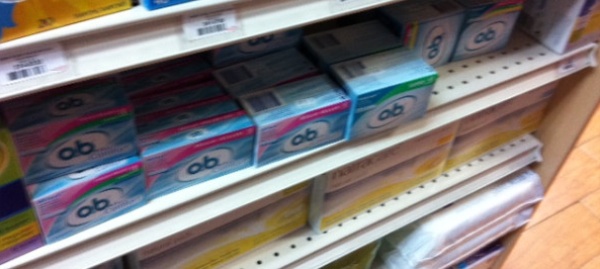
OB Tampons Reappearing On Shelves
Looks like o.b. brand tampons, missing from shelves for months because of an unspecified Johnson & Johnson “supply chain interruption,” are slowly making their way back into stores. The company announced back in February that they were back, and a reader saw them at their Fred Meyer in Arkansas, but by mid-march another reader said they hadn’t returned. Here it’s April and o.b.’s haven’t returned to my go-to supermarket here in Brooklyn but then I spotted these at a local upmarket pharmacy this weekend. At this point it’s a question of what suppliers your store is working with. Ask your store manager if you still don’t see them yet. [More]

Government Helped CIT Limp Along Long Enough To Keep From Ruining Christmas
According to SpendMatters, one big reason the government burned through $2.3 billion in TARP funds for CIT even though it was buckling under debt was to try to avoid ruining everybody’s Christmas this year.


